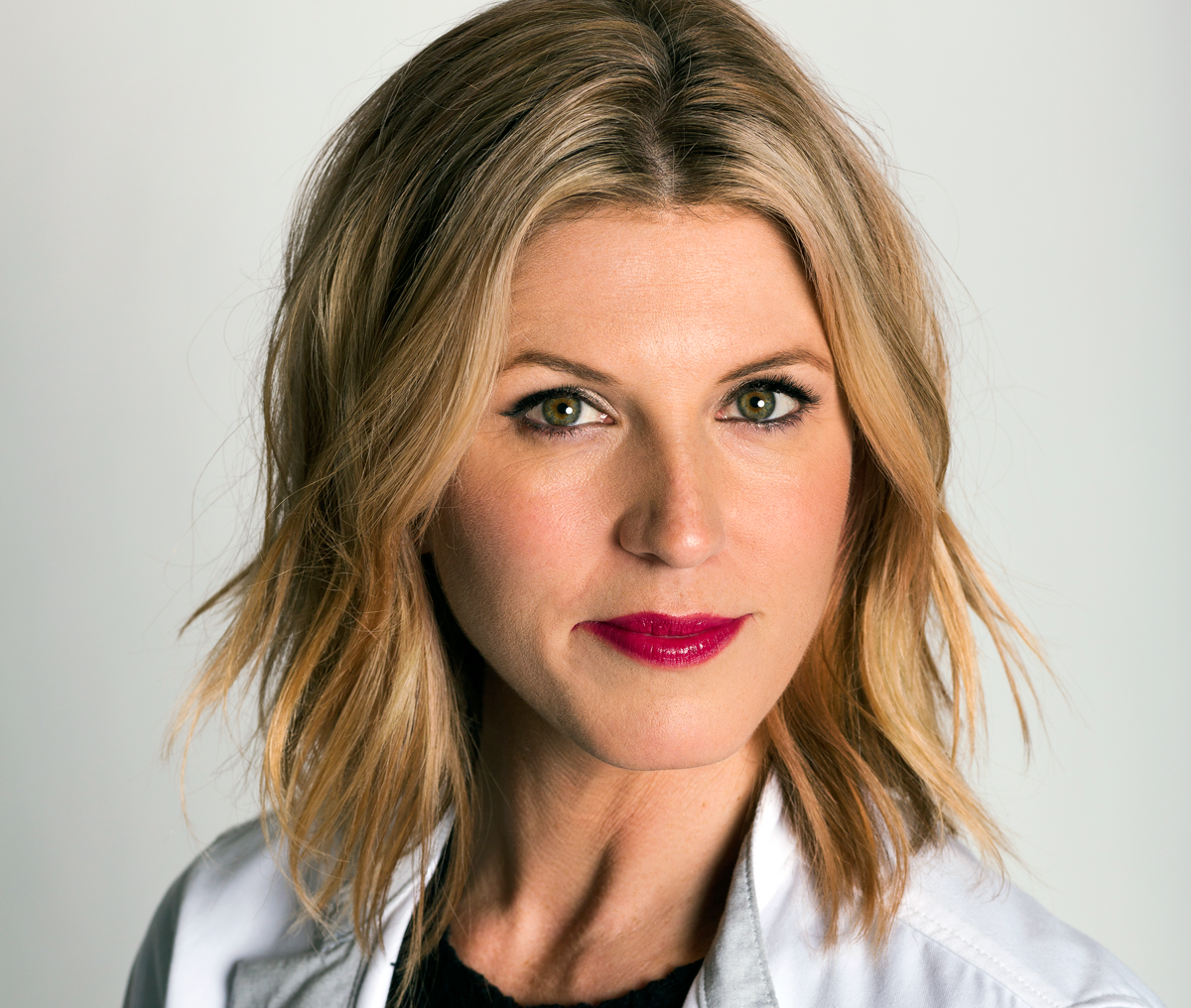Calm in the Kitchen : Q&A with Chef Casey Thompson
For all Chef Casey Thompson’s celebrated achievements, the superstar’s ease with food and people is evident from the moment we connect by phone. From her home in Napa Valley, we talk winter in California at an unusually high 79°, express our concern about the recent fires out West and laugh about her ever-evolving recipe for homemade chili. Chef Thompson is currently executive chef of the Inn at Rancho Santa Fe near San Diego, California, and some career highlights include being a James Beard Celebrity Chef three years in a row, a “cheftestant” on “Top Chef” and a U.S. Ambassador for Terrazas de los Andes.
Soon, Chef Thompson will be headed to our fair corner of the Midwest in Indy for the Fantastic Food Fest presented by Indiana Grown February 10 & 11. Her menu for the weekend includes local, Indiana-grown and -produced winter staples and techniques for the home kitchen. We share our conversation with Chef Thompson about cooking, sustainability and how chefs are the future of educating people about the value of local, seasonal food.
Edible Indy: What is your philosophy on cooking?
Casey Thompson: From the very beginning, think about your audience. And then I like to think beyond that to how we can take every step, whatever it is we’re doing, to make each ingredient shine as best as it can be. I take every single ingredients and say, “Is this raw ingredient the best it can be, or should we caramelize it, or should we grate it so it’s more refined to make more of an impact?” And then, hopefully there is some sort of surprising element in every dish I do, like, “Oh, I did not see that coming and it was perfect, or surprising.” That’s how I like to approach cooking.
EI: I love that. It’s like three tenets that you work with in the kitchen.
CT: I’m reading the most awesome book right now and it’s about cooking for charity and why not use bruised fruits and vegetables and turn them into something beautiful. Why does it always have to be perfect produce? The most beautiful things come out of the thought process a chef puts towards cooking. You can walk in willy-nilly and free ball it, but I think the best way to approach cooking is to really think it through—know your audience, treat the ingredients the best they can be treated and always have some sort of fun and surprise. That’s my philosophy.
EI: As Edible Indy, we’re a part of Edible Communities, and our focus is on local and sustainable food and why quality matters to flavor, especially when cooking. For you, what is the importance of local ingredients?
CT: You’re absolutely right, that is the very first thing—cooking seasonally and sustainably. We can basically grow anything we want now, but does it taste good? It’s not just about seasons. You can greenhouse a tomato, but I think there is so much more people don’t take into account, like the impact it’s having on the environment. It’s about crop rotation, it’s about, yes, having seasonal produce so we don’t have to have greenhouses. Just the other day for the Super Bowl, my girlfriend was, like, “OK, let’s talk about seven-layer dip. You’ve got your beans, your guacamole,” and then she’s, like, “tomatoes,” and I looked at her and kind of made a face and she said, “You don’t like tomatoes?” And I said, “Well, no, it’s not that I don’t like tomatoes. I just think any tomato you’re going to find right now is going to be mealy and green. Why can’t we find another ingredient?” I think that’s the mentality we get stuck in.
I think chefs have a big responsibility nowadays to cook very sustainably, very seasonally, and to teach people why it’s important. And it’s way beyond why you don’t have tomatoes in the wintertime.
EI: I really appreciate that call to action on the part of chefs. A lot of chefs are speaking to these issues more and more, and not just in the kitchen but also on Capitol Hill. Chefs have that power.
CT: We do, and I don’t take it for granted that there are lessons to be learned. People say, “How do you know … you can make anything out of anything?” And I say, “First of all, it’s my job. It’s what we practice everyday.” And sustainability is a huge issue for me. It is important. I want people to understand it. I’m excited to come to other places and cook with their ingredients because I want to learn more about what it’s like in Indiana to cook with the ingredients that you have available right now. And it’s not going to always be the same, and I find it very interesting.
EI: What is your mission as a chef and consultant working with people and communities around food?
CT: As a chef, I hope to teach people a sense of calmness in the kitchen, a sense of approachability and confidence with the ingredients that they’re using and the technique that they’re applying. I hope I can teach people to have the ability to say, “I can cook this recipe. I don’t need to be afraid of these ingredients I’ve never heard of,” and apply it in a situation in which they’re calm, and feel good about it.
That’s who I am as a chef in the kitchen. “Let’s figure this out together.” There’s never any panic. There’s not a lot of chaos because I think, “We can get this done. We just have to learn how to do this together and approach it in the right mindset.”
When you cook that way your food comes out so much more beautifully.
Click here to learn more about the Fantastic Food Fest February 10 & 11 and visit with Chef Thompson.




